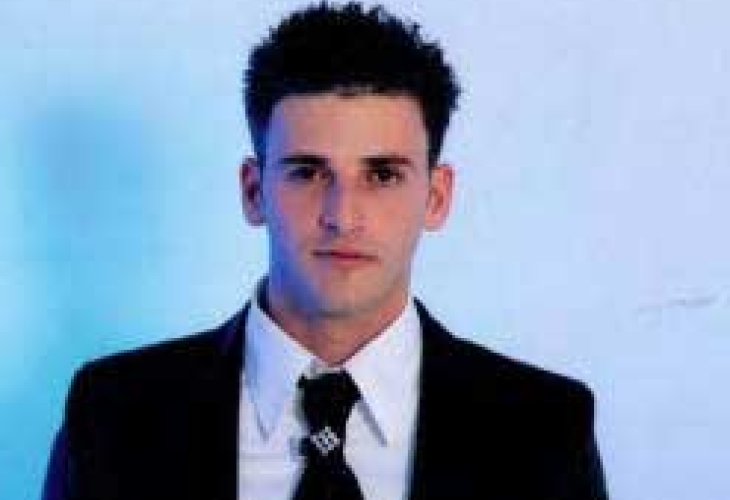Jewish Law
Frozen on Shabbat: What Torah Law Says About Ice
Understanding how, when, and why we can or can't freeze water or melt ice on Shabbat
- |Updated

The underlying concept of forbidden work on Shabbat is that anything creative is prohibited. How does this relate to making, melting, or crushing, ice? This guide explores common questions that arise, highlighting differences between Sephardic and Ashkenazic practice.
Making Ice Cubes on Shabbat
Is it permissible to fill an ice cube tray with water on Shabbat and place it in the freezer?
For Sephardic Jews, this is permitted, as passively allowing ice to form is paralleled to passively allowing it to melt, which is not prohibited.
However, Ashkenazim may not deliberately freeze water on Shabbat, as it is considered molid—the creation of a qualitatively different substance (and therefore, consciously allowing ice to melt is also prohibited). Only in cases of significant need (e.g., on an extremely hot day) may one be lenient.
Shaking, Melting, or Crushing Ice
May one shake a half-frozen bottle of water to melt the ice into the drink?
According to Sephardic halachic authorities, this is not permitted. The Shulchan Aruch[1] rules that crushing snow or ice (even in water) is forbidden, as shaking the bottle to melt the ice is considered a direct form of crushing (similar to crushing olives to extract the oil, which is completely forbidden on Shabbat). Furthermore, while the Shulchan Aruch rules that passively allowing molid to occur (making ice from water or vice versa) is permitted, actively doing sois prohibited.
Ashkenazim may be more lenient, based on the Mishnah Berurah[2] which states that (according to the letter of the law) since the melted ice immediately mixes into the liquid and does not become a distinctly new substance derived from the ice, one may directly cause it to melt. Nonetheless, it is preferable to be stringent and refrain from doing so.
Using an Ice Maker on Shabbat
May one use the ice maker compartment in a refrigerator unit on Shabbat?
Using an ice maker on Shabbat raises several halachic concerns. For Sephardim, using the machine to freeze water is not inherently prohibited (as it is a passive method of making ice; see above). For Ashkenazim, it is only permitted in cases of great need.
However, modern refrigerators usually contain sensors that activate a new freezing cycle when ice cubes are removed from the ice maker. If this is the case, the ice maker may not be used on Shabbat unless the sensors are deactivated before Shabbat.
Frozen Drinks and Releasing Ice Cubes
May one break ice that blocks the mouth of a bottle in order to access the drink?
According to both Sephardi and Ashkenazi halachic authorities, one may break such ice. While the Shulchan Aruch prohibits breaking ice for the sake of creating water from it, here the intention is merely to access the drink and any water created is incidental and minimal.
Similarly, one may run water over an ice tray in order to release the ice cubes, even though some of the ice will probably melt as a result.
Frozen Slushies and Popsicles
May one crush a frozen drink pouch (such as a slushy that comes in a plastic wrapper) or a popsicle, on Shabbat?
Crushing the entire pouch or popsicle is not permitted for either Ashkenazim or Sephardim. However, crushing only the upper area while eating it is permitted, as this is considered part of the normal eating process.
For young children, if some liquid is already present and the crushed ice blends into it, one may be lenient, as the molten ice is not distinct.
Final Thoughts: Know When to Ask
When it comes to using ice and frozen treats on Shabbat, halachic opinions differ between Sephardic and Ashkenazic practice. Whether something is permitted or forbidden depends on intent, method, and results. For complex cases or when using modern appliances, it’s best to consult a knowledgeable halachic authority.

